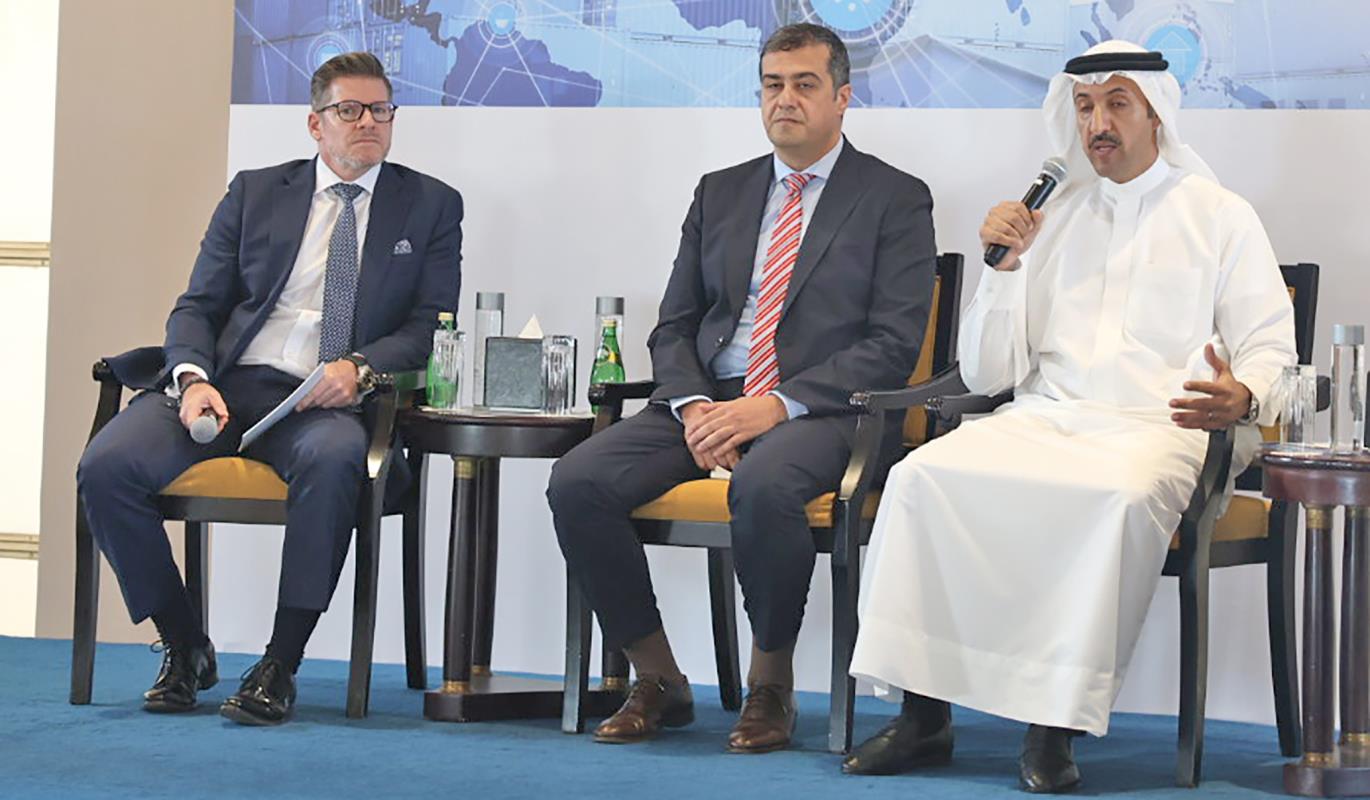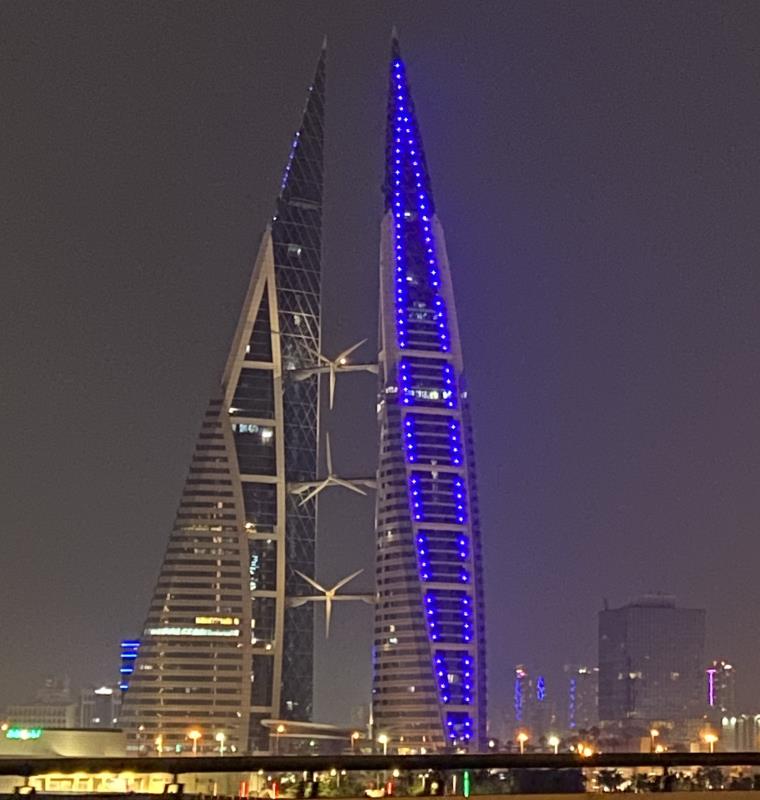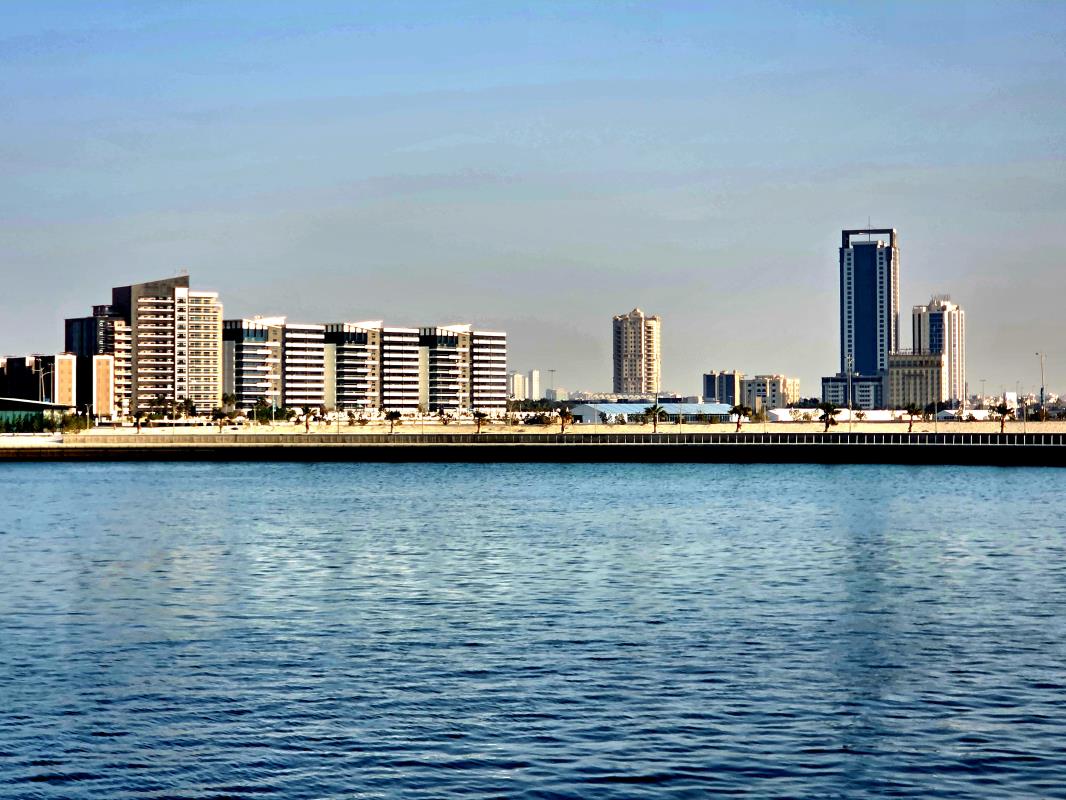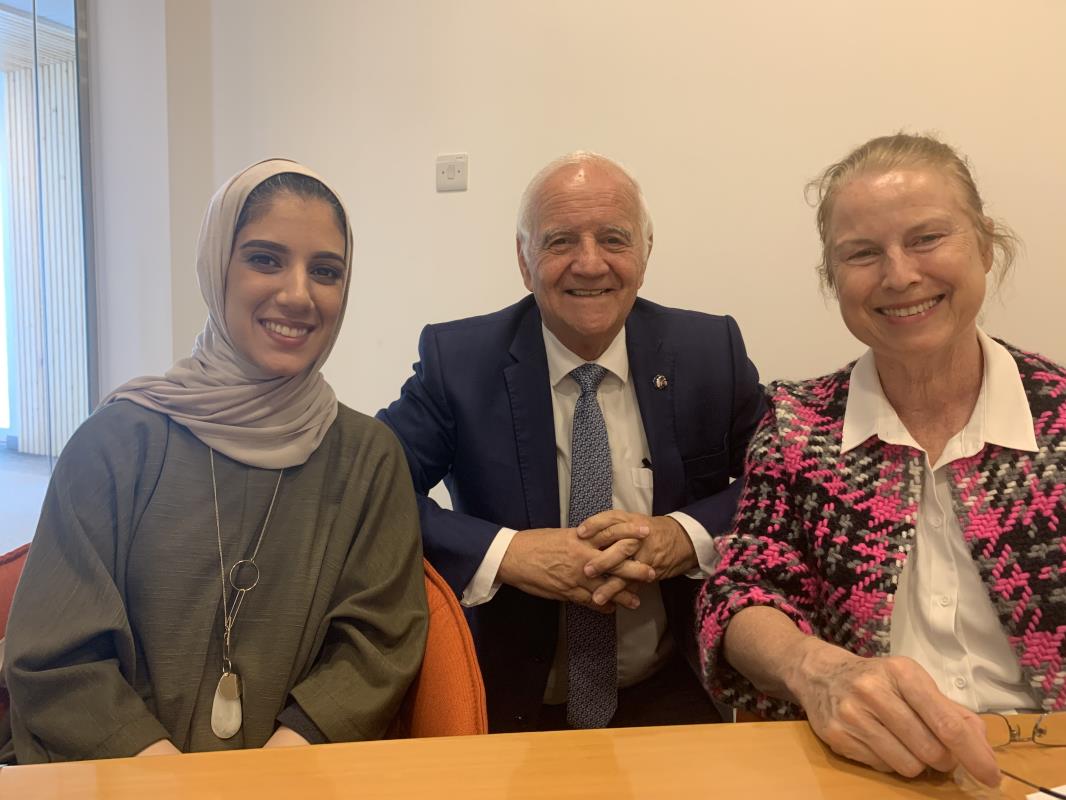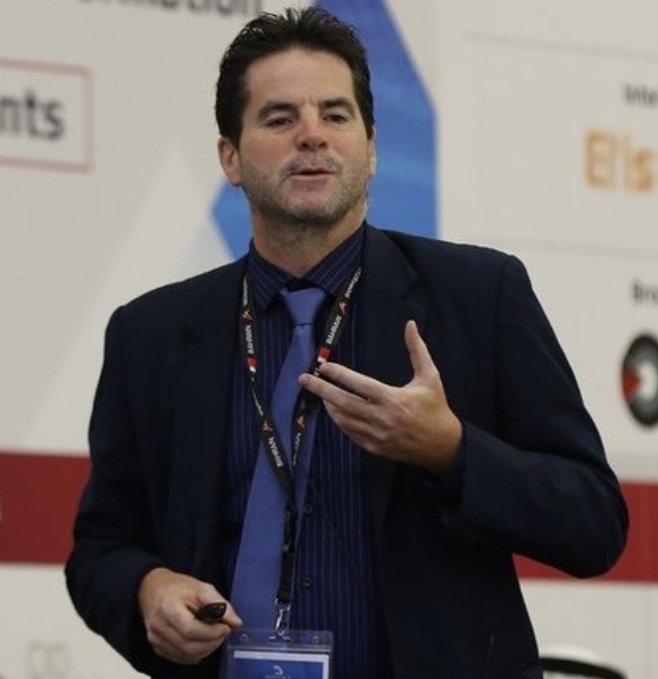
The Gulf Cooperation Council (GCC) countries have increased their focus on actions to address climate change concerns but there is an urgent need to further accelerate decarbonization efforts. With approximately 40% of global carbon dioxide emissions from fuel combustion attributable to electricity and heat production, decarbonizing the power sector must be prioritized to build a more sustainable future. In the GCC, this goal can be achieved most effectively by leveraging the region’s tremendous renewables potential together with its abundant natural gas reserves, while transitioning away from higher carbon intensity liquid fuels such as oil and diesel, highlights a newly published white paper by GE, Pathways to Faster Decarbonization in the GCC’s Power Sector.
“The challenge we face today is not quite as straightforward as simply providing lower carbon power. We need to solve for the energy trilemma of supplying more reliable, affordable, and sustainable power, in the context of increasing demand for electricity. There is no one-size-fits-all answer, and we recognize that multiple solutions - including solar, wind, hydro, gas, nuclear, battery storage, hybrids, and more - will contribute to the region’s long-term energy mix. However, the accelerated and strategic deployment of renewables and gas power in the GCC can enable substantive reductions in emissions rapidly now, while advancing technologies for low or near-zero carbon power generation in the future.”
The white paper cites that the region realized up to a 69% compound annual growth rate (CAGR) in installed renewables capacity between 2015 and 2020, starting from a very low value and reaching a total of 2.4 gigawatts (GW) at the end of this period. This was driven by fundamentally sound factors such as falling costs – especially of solar photovoltaic (PV) solutions; the suitability of renewable solutions for utility-scale projects; and technological advancements that enabled the deployment of renewables in the GCC’s hot and harsh environment. However, the rapid penetration of variable renewable energy can also present challenges such as grid instability.
The white paper details how gas power, which is becoming increasingly efficient, accessible, and affordable, can complement variable renewables with firm, on-demand electricity that can be ramped up or down quickly. With up to a third of the GCC’s power produced by liquid fuels such as crude oil, heavy fuel oil (HFO), diesel, and others, switching away from them to natural gas also offers significant reductions in emissions, without compromising the reliability of electricity supplies, as gas produces the lowest emissions among traditional fossil fuels. Natural gas combined cycle power plants can reach a carbon emission intensity of 307-395 grams of carbon dioxide per kilowatt hour (gCO2/kWh), compared to 547-935 gCO2/kWh for liquid fuel power plants. Furthermore, gas is more power dense than wind or solar, requiring far less land per unit of installed generation capacity - a 1 GW natural gas combined cycle plant requires 13 acres of land, compared to 5,000 to 6,000 acres for a solar farm.
Another important means to decarbonize power in the short term is to enhance the performance of the region’s existing gas power infrastructure by implementing gas turbine upgrades and converting simple cycle power plants to combined cycle – a measure that can help generate up to 50% more power without additional fuel or emissions. More importantly, gas power technology can enable substantial reductions in carbon emissions through the use of hydrogen for electricity production or carbon capture technologies at the exhaust. Looking ahead, this means that a dollar spent on gas turbine technology today does not necessarily equal a dollar spent on a carbon footprint for the life of the asset.
























































